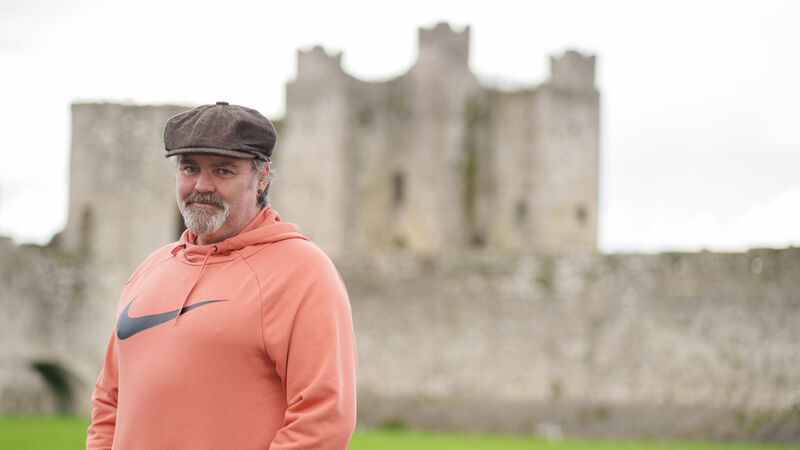'It’s made me re-evaluate how I interact with others': From fighting fires to fighting cancer

Robbie Connell, who was treated for prostate cancer photographed at Trim Castle, County Meath. Photo:Barry Cronin
Robbie Connell describes the day he received news of his prostate cancer as a “blur”.
“It’s a surreal moment,” says the 58-year-old. “You see it in films and you think you’ll deal with it, but I felt like I almost didn’t know my name. My wife, Aisling, was with me, and she took in all the information.











